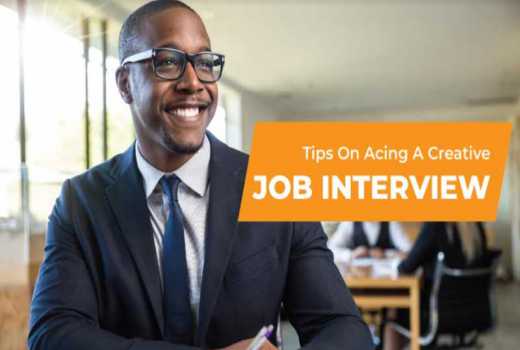×
The Standard e-Paper
Home To Bold Columnists

Interviews for creative roles are usually non-conventional and may catch you a bit off guard. Here are things you should know and hot to prepare.
With the advent of technology and milestones in the digital world, the scope of creative jobs has enlarged to accommodate more roles and facets of creativity. Creative roles include but are not limited to; Designers, Copywriters, Illustrators, Communication specialists, Content Creators, among others.